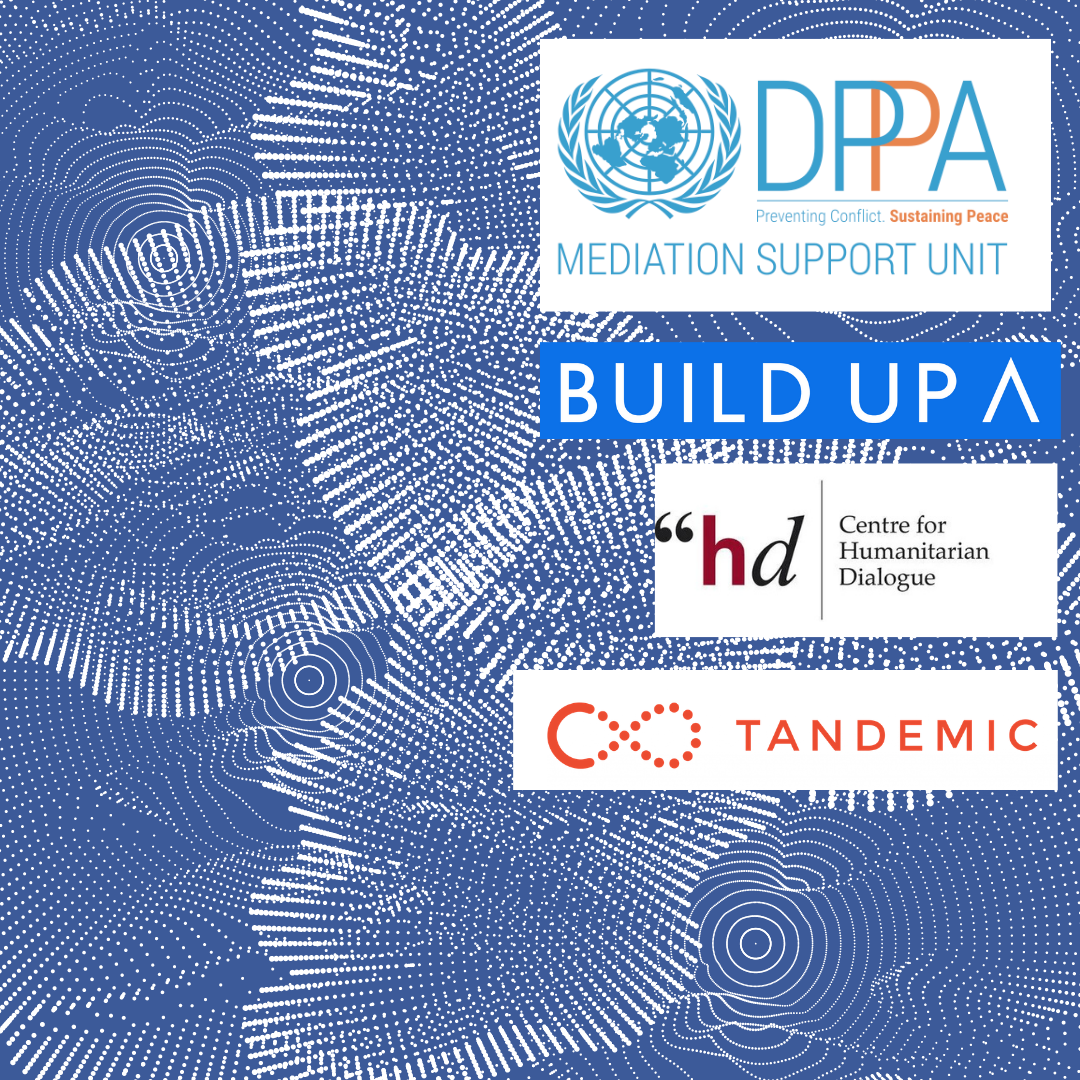
Dear colleague,
Digital technologies are transforming not just our life and our work but also the dynamics of politics and conflict. Mediation for the prevention and peaceful resolution of armed conflicts remains a human-centered endeavour in which personal interactions are crucial. Nevertheless, it is not immune from the technological changes which impact public life and inter-personal relations at multiple levels.
Against this background, in 2019 we launched the Toolkit on Digital Technologies and Mediation to raise awareness among mediation practitioners of the implications of the use of digital technology in mediation contexts and provide mediators with concrete examples and practical information of how it could impact their work.
The Covid-19 pandemic further accelerated the uptake of digital technologies in mediation processes, compelling mediation teams to incorporate online interactions as part of their mediation strategies. As a result, innovative hybrid models of in-person and online mediation have started to emerge. These combine sophisticated interactions using online platforms with physical meetings and organized at key moments and under specific Covid-19 risk mitigation protocols. These innovations are likely to become part of the mediator’s toolbox as they can bring additional flexibility and efficiencies to peacemaking efforts.
This Digital Process Design and Facilitation course offers a set of emerging good practices that can help you design and deliver mediation activities using online platforms and tools. The course emerges from a cooperation between the United Nations Department of Political and Peacebuilding Affairs’ Mediation Support Unit, Build Up, the Centre for Humanitarian Dialogue and Tandemic and incorporates the contributions and experiences of practitioners and experts, including from the CyberMediation Network, who are developing this practice as we speak.
In mediation, process design refers to choices on the overall structure of the process including procedural, organizational and substantive matters all of which are important to the prospective success of the mediation effort. Each of these choices also has political implications. Recognizing this, mediators will need to adjust their designs and facilitation practices when transferring elements of peace negotiations online. While not every peace process will include an online element, the use of digital tools and platforms is increasingly required in our field and practice. I hope that the course will, when needed, support your ability to design and deliver a hybrid model of mediation.
Best,
Asif Khan,
Chief of the UN Mediation Support Unit
